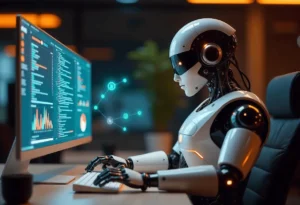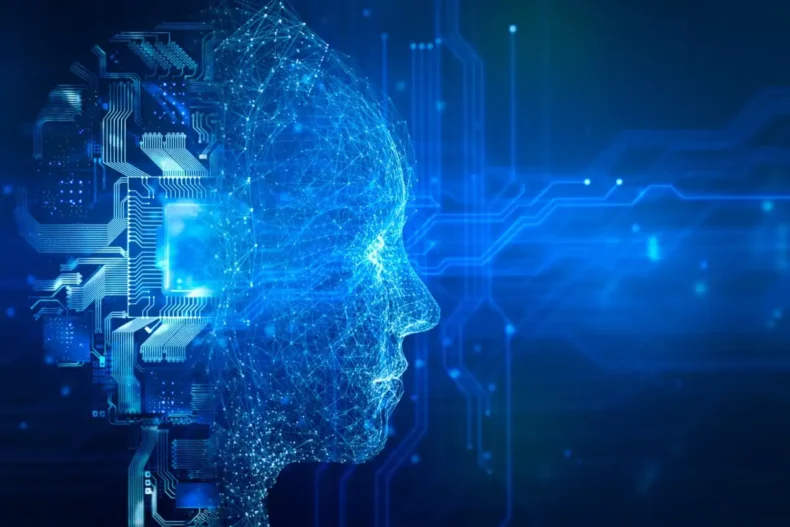The openAI founders steal data to train their AI models in order to generate a large amount of profit.
According to unidentified sources, OpenAI Inc., the organisation behind ChatGPT, collects a sizable amount of personal data to train its Artificial Intelligence models in an avaricious effort to maximise profits. They have launched a lawsuit against the company and are demanding class-action status.
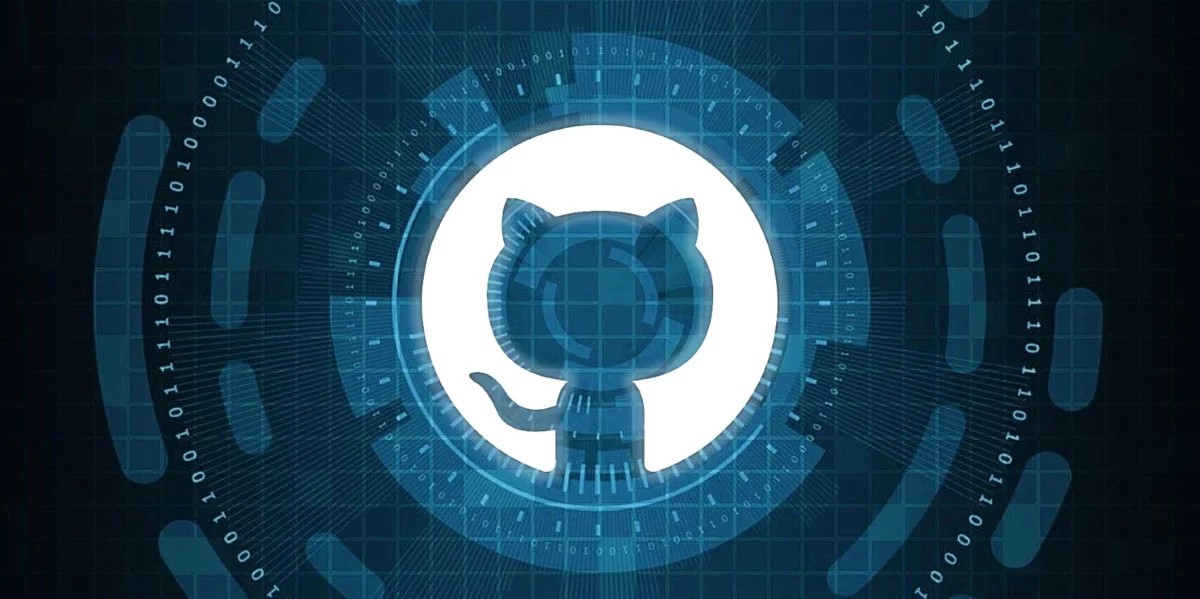
Coders sued GitHub, Microsoft, its parent firm, and partner OpenAI in November of last year over a product called CoPilot that utilises Artificial Intelligence to produce code. The corporations, according to the developers, broke the licensing terms for the code. Getty pictures filed a lawsuit against Stability AI in February for allegedly violating the intellectual property rights of over twelve million pictures.
The complaint points out that Artificial Intelligence businesses widely use data scraping techniques. According to analysts, the competition to create new Artificial Intelligence technologies between every big tech business and an expanding number of startups has increased not just the scope of web scraping but also the possible risks associated with it.
Web scraping can assist society in ways like academic research and commercial openness, but it can also have drawbacks like cybersecurity threats and con artists extracting private data for fraud, according to experts.
In the US, there is a lengthy history of data scraping lawsuits that reach the Supreme Court. The court heard a six-year-long lawsuit from LinkedIn in November 2022 in which the corporation charged data provider HiQ Labs with breaking the Computer Fraud and Abuse Act by utilising scraped profiles from the networking website to create its product.
The matter was sent to a lower court where it was ultimately decided after the high court rejected the argument that the scraping constituted to hacking. Due to its practice of mining the web to create its database of more than 20 billion photographs, ClearView Artificial Intelligence, a face recognition startup, has been accused of breaking privacy rules in Europe and the state of Illinois.
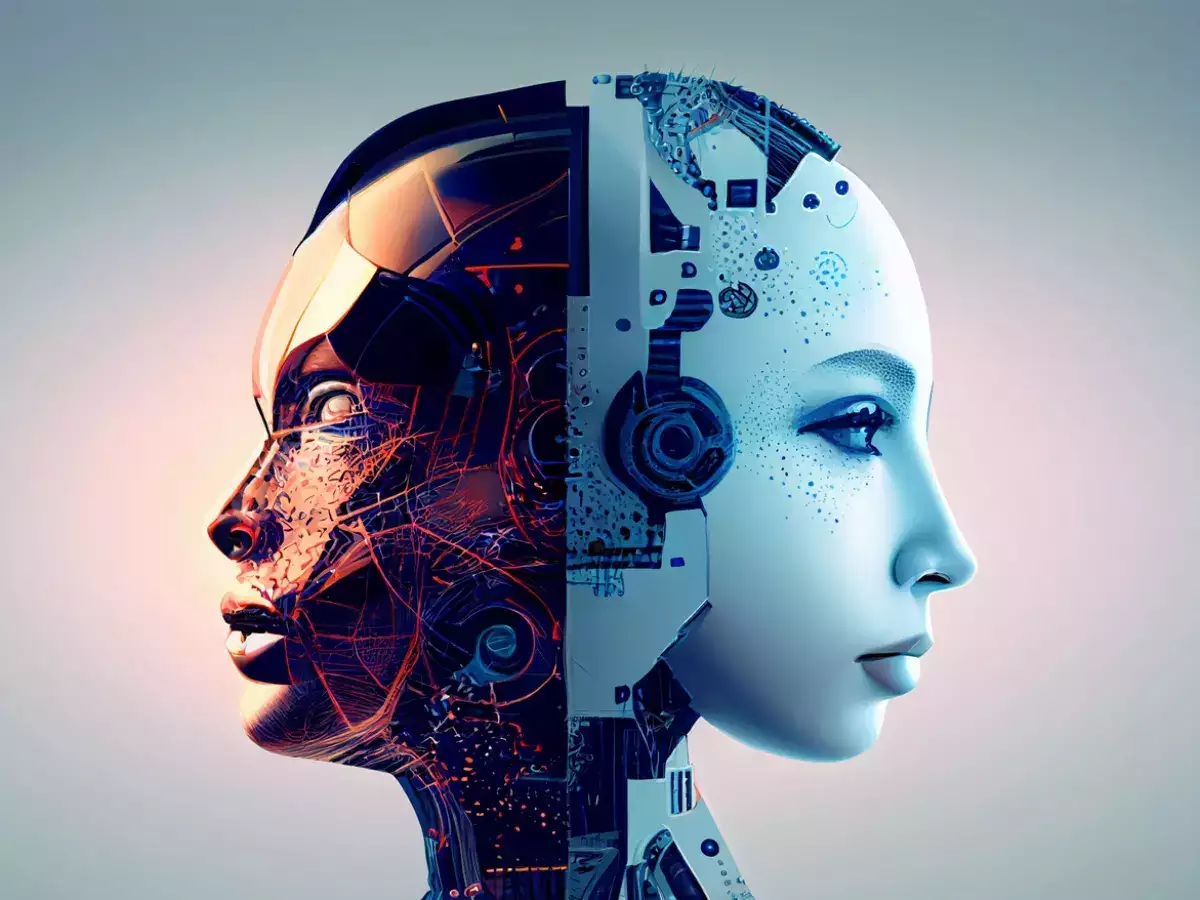
According to the 157-page complaint, OpenAI secretly scraped 300 billion words from the internet, and this material includes personal data that was obtained without the plaintiffs’ knowledge or consent. In their complaint against the business, they requested class action status.
In federal court in San Francisco, The Clarkson Law Firm on Wednesday filed a lawsuit against ChatGPT’s inventor. They list probable losses of $3 billion. “Despite established procedures for the acquisition and utilisation of personal data, Defendants adopted a different strategy: theft,”
They claimed that ChatGPT and the company’s other products were trained using secret data obtained without the consent of countless millions of internet users.
As the goods raise concerns about the future of the creative industries and our capacity to distinguish between reality and fiction, Congress is discussing the possibilities and risks of artificial intelligence.
Sam Altman, the CEO of OpenAI, made the case for Artificial Intelligence regulation last month. In the lawsuit, the corporation is charged with running a significant illegal web-scraping operation and breaking terms of service agreements as well as local, state, and federal laws governing privacy and property rights.
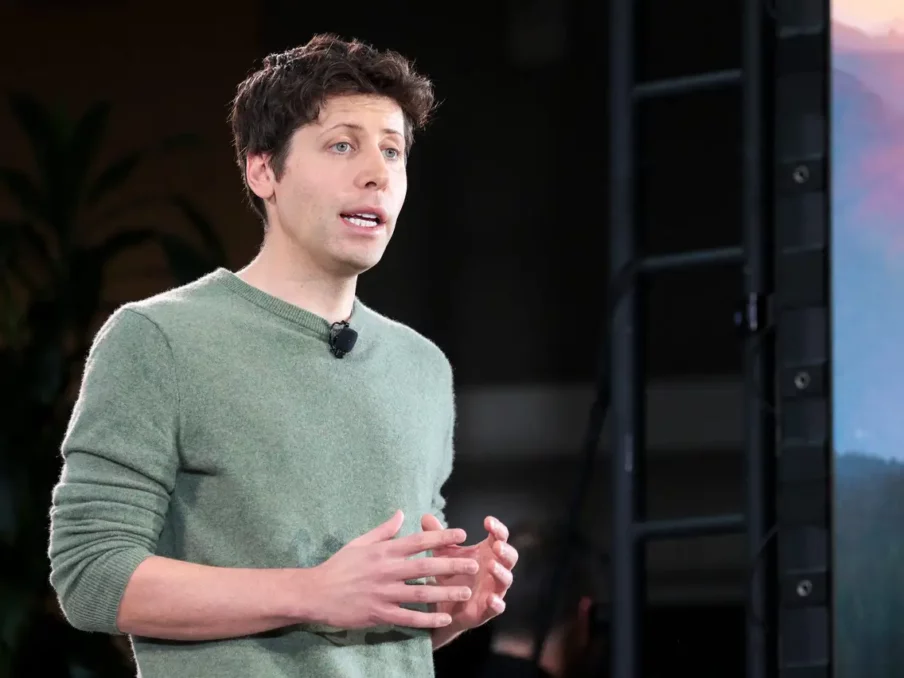
The plaintiffs assert that OpenAI unlawfully collects private information from people’s interactions with its products and from applications that have incorporated ChatGPT in order to engage in an “Artificial Intelligence arms race” on a massive scale.
According to the lawsuit, these linkages enable the corporation to obtain information from several platforms, including private discussions on Slack and Microsoft Teams, Spotify music choices, financial information from Stripe, and image and location data from Snapchat.
The plaintiffs claim that OpenAI turned away from its initial goal of improving artificial intelligence “in the manner most likely to benefit humanity as a whole” in order to pursue financial gain. The lawsuit estimates ChatGPT’s 2024 revenue to be $200 million.
In addition to asking the court to temporarily halt commercial access to and future development of OpenAI’s products, the plaintiffs are also asking to speak on behalf of a sizable class of allegedly aggrieved persons and demand monetary damages to be assessed at trial.




